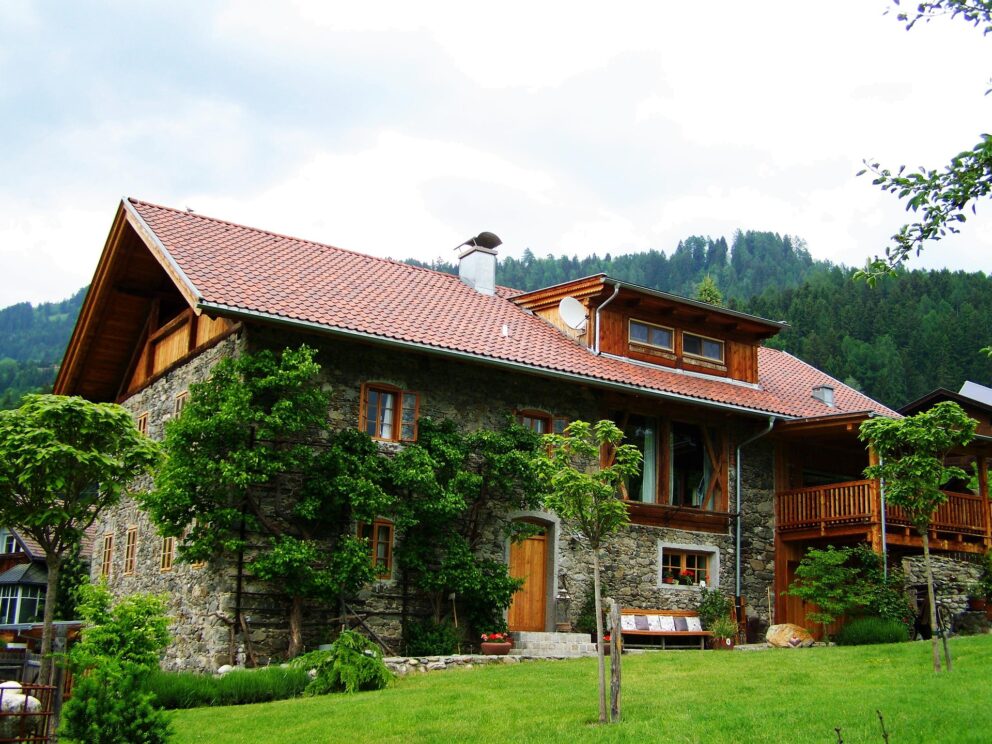You’ve found the home of your dreams, calculated your budget and planned your loan instalments – but is that enough? Many home buyers overlook the hidden costs that come with the purchase. From stamp duty to home insurance and property tax, these extra expenses can put pressure on your finances if you’re not prepared.
Let’s take a closer look at these costs and how to plan the process to make your home purchase go smoothly.

Buying a house and hidden costs – what to be prepared for
See a list of the most common hidden expenses that are underestimated when buying:
- Stamp duties, official fees
You will have a hard time avoiding these mandatory fees, which legally transfer ownership of the property and are linked to its legal status.
Their amount will vary depending on, among other things, the location or government policy of the country in which you decide to purchase the property. An example is the tax on civil law transactions, which in Poland is generally 2% of the value of the property, which is stated on the deed.
- Bank charges, credit costs
If you decide to purchase a house with the help of a mortgage you have to be prepared for additional costs.
Fees related to the preparation and initiation of the loan, the valuation of the property and probably a number of other minor ones that will be charged by the bank granting you the loan or credit.
When you apply for a mortgage, therefore, pay attention to the provisions in the loan agreement so that you are not surprised by the burden of future instalments.

- Maintenance, community fees
Whether your house will be detached or part of a larger estate or terraced housing complex. There will usually be regular costs involved for what is known as maintenance.
Waste collection, maintenance of common areas (in the case of estates) or other management costs are costs you will have to contribute to. These charges may increase over time, so it is worth bearing this in mind. In addition, if it is a detached house and you ‘manage’ it yourself, it is worthwhile to encourage yourself to put aside even small amounts each month for future renovation work. Because even though the house is new you will need to do some renovation work at some point in the future. And with major works such as replacing a cooker, the owner incurs a one-off cost. In addition, the property owner has obligations to inspect the electrical or gas installation. According to Polish construction law, the electrical installation in a building should be inspected at least once every five years. The owner pays for the inspection. And it is worth remembering, because in the event of, for example, a fire, the insurer will refuse to pay out from the policy if inspections of the property’s installations have not been carried out.
4. Insurance
This important but often overlooked expense can protect your budget from disaster. Accidents such as fire, flooding, natural disasters or theft are the most common events that insurance protects against. The wide range of policies on offer is very tempting, but the premiums should be chosen so as not to overburden our pockets. The amount of premiums will also depend on factors such as the type of insurance, the size of our home, its market value, the length of the policy or even the location in which we own the property.

5. Moving costs and internal works
We usually have to move all of our possessions to a new location after a purchase. Transport, hiring possible help to move our furniture and possessions are also costs we have to reckon with. In addition to bringing in our belongings, we may also want to carry out minor renovations, freshen up the interior or carry out minor alterations or repairs, depending on the condition of the house we have purchased. All this invariably generates costs, which we will have to add to the balance of our transaction.
6. Property tax and utility costs
As owners, we are obliged to pay so-called property tax. It does not matter whether we have a new or old house and whether we bought it on credit or with cash.
The tax is levied by the respective municipality under which your house falls. The maximum amount of this tax is determined by the Local Taxes and Fees Act. Please note that suppliers of utilities such as electricity, for example, may also expect you to pay a certain amount or a deposit for the use of connections or a meter, in addition to the monthly energy bills.
A few tips on how to prepare for these costs:
- Before buying, check the amount of official fees that are associated with the location where you intend to buy a house. Each city has different rates regarding property taxes and fees.
- Create a buffer/emergency fund for yourself to mitigate your property costs over a period of time in case of unexpected expenses. Extra cash will always work well as a cushion to mitigate any unexpected expenses.
- Don’t be afraid to negotiate the amounts and dues you will have to pay. This applies to all kinds of contracts from those related to, for example, a loan to those related to the provision of, for example, electricity.
- Create a plan of the costs you will have to pay periodically and in a recurring pattern. If you want to keep your home in the best possible condition, it is worth repeating things such as painting the walls or maintaining the plumbing, pipes or roof.
- Pay attention to the content of your contracts so that you do not fall prey to the so-called ‘small print’. No-one likes to be surprised by the extra costs involved. This is particularly common in the case of bank contracts or contracts relating to the supply of, for example, electricity.
Conclusion:
The realisation of one’s dream related to the purchase of a house also involves incurring the hidden costs associated with this decision.
These include stamp duty, registration fees, maintenance, insurance and property tax. All this means that any unexpected expense can affect your budget in the future. It is important to bear this in mind especially when considering your current and future income status, which may not always be at the same safe level for you. Remember – the guarantee of security and stability for your future is a well-planned investment. Minimise your expenses, review your contracts carefully, negotiate the terms of your contracts and, most importantly, always try to keep a 5-10% buffer fund against future unexpected changes in your expenses.

